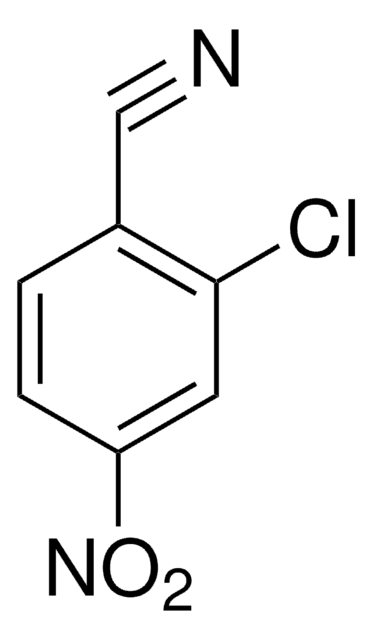454958
mono-2-(Methacryloyloxy)ethyl phthalate
contains ~100 ppm monomethyl ether hydroquinone as inhibitor
Se connecterpour consulter vos tarifs contractuels et ceux de votre entreprise/organisme
About This Item
Formule linéaire :
2-[H2C=C(CH3)CO2CH2CH2O2C]C6H4CO2H
Numéro CAS:
Poids moléculaire :
278.26
Numéro CE :
Numéro MDL:
Code UNSPSC :
12162002
Produits recommandés
Contient
~100 ppm monomethyl ether hydroquinone as inhibitor
Indice de réfraction
n20/D 1.523 (lit.)
Point d'ébullition
232 °C (lit.)
Densité
1.228 g/mL at 25 °C (lit.)
Chaîne SMILES
CC(=C)C(=O)OCCOC(=O)c1ccccc1C(O)=O
Certificats d'analyse (COA)
Recherchez un Certificats d'analyse (COA) en saisissant le numéro de lot du produit. Les numéros de lot figurent sur l'étiquette du produit après les mots "Lot" ou "Batch".
Déjà en possession de ce produit ?
Retrouvez la documentation relative aux produits que vous avez récemment achetés dans la Bibliothèque de documents.
Zainuddin et al.
Journal of biomaterials applications, 23(2), 147-168 (2008-07-18)
Converting the surface of poly(2-hydroxyethyl methacrylate) (PHEMA) hydrogel into a cell-adhesive surface has been successfully achieved through a method based on atom transfer radical polymerization (ATRP) grafting. Following activation of the surface hydroxyl groups of PHEMA by bromination, surface-initiated ATRP
Jian-Lian Chen
Journal of chromatography. A, 1216(34), 6236-6244 (2009-07-28)
Two open-tubular (OT) capillary electrochromatographic (CEC) columns were prepared by chemically bonding ionizable mono-(2-(methacryloyloxy)ethyl) succinate (MES) and phthalate-functionalized (MEP) ligands onto silica hydride-based phases through surface etching, silanization, and hydrosilation reactions, starting with a bare fused-silica tube. An analysis of
G E Schumacher et al.
Dental materials : official publication of the Academy of Dental Materials, 8(4), 278-282 (1992-07-01)
Effective dentin bonding systems based on para-PMDM diadduct of pyromellitic dianhydride and 2-hydroxyethyl methacrylate (HEMA) have been developed (Bowen et al., 1982). Para-PMDM, a solid of limited solubility, is usually applied from an acetone solution to dentin that has been
Notre équipe de scientifiques dispose d'une expérience dans tous les secteurs de la recherche, notamment en sciences de la vie, science des matériaux, synthèse chimique, chromatographie, analyse et dans de nombreux autres domaines..
Contacter notre Service technique





![N-[3-(Dimethylamino)propyl]methacrylamide 99%, contains MEHQ as inhibitor](/deepweb/assets/sigmaaldrich/product/structures/295/145/6b4aae15-7cb5-4b7b-9c06-8e6d24e50951/640/6b4aae15-7cb5-4b7b-9c06-8e6d24e50951.png)


